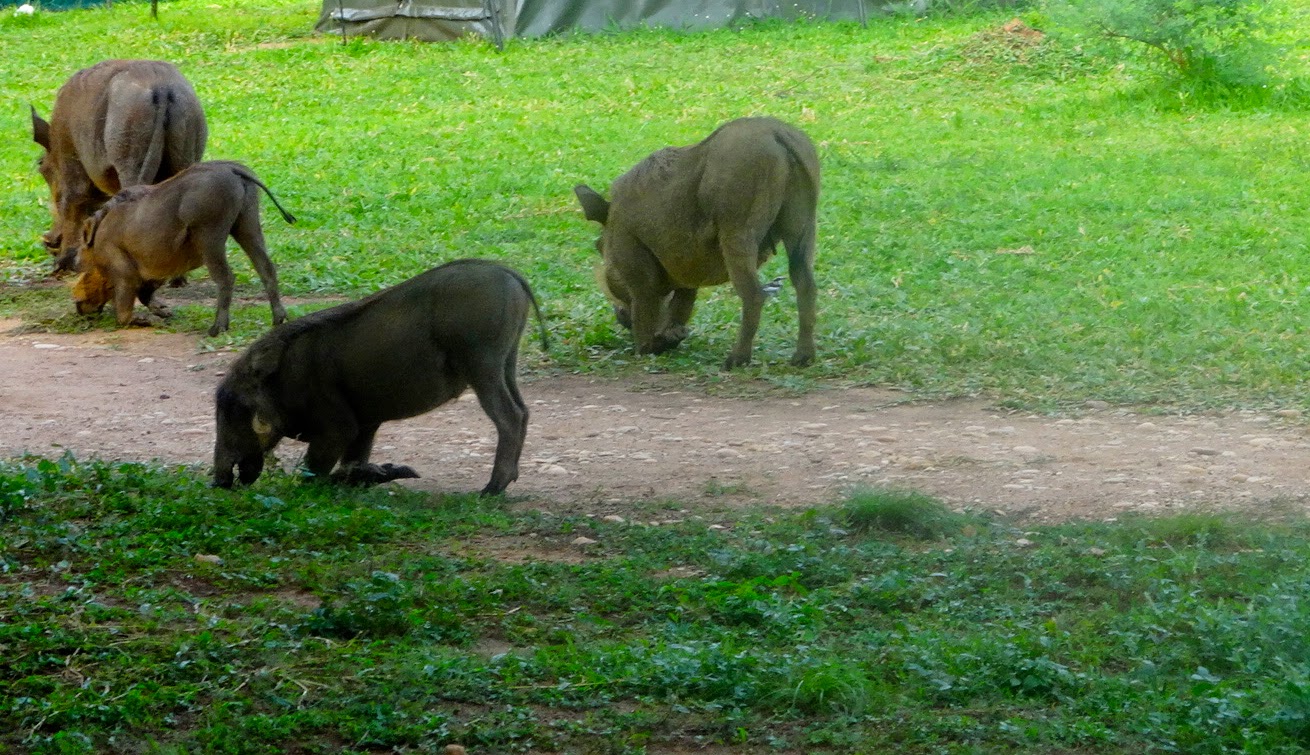Prior to coming out here to Jinja, like any
other trainee on their first volunteering mission abroad. I was full of doubts,
hopes, worries and more worries. At the pre- assignment training my fear was
ever so glaring on my face that it prompted a pet talk from Global links Manager
about my options at which point the popular story about the young man throwing
in the starfishes was discussed. After 5
months in Jinja this story continues to hold true.
Here is a reminder of the story… Once upon a time,
there was an old man who used to go to the ocean to do his writing. He had a habit
of walking on the beach every morning before he began his work. Early one
morning, he was walking along the shore after a big storm had passed
and found the vast beach littered with starfish as far as the eye
could see, stretching in both directions.
Off in the distance, the old man noticed a small boy
approaching. As the boy walked, he paused every so often and as he
grew closer, the man could see that he was occasionally bending down to
pick up an object and throw it into the sea. The boy came closer
still and the man called out, “Good morning! May I ask what it is
that you are doing?”
The young boy paused, looked up, and replied “Throwing starfish
into the ocean. The tide has washed them up onto the beach and they can’t
return to the sea by themselves,” the youth replied. “When the sun gets high,
they will die, unless I throw them back into the water.”
The old man replied, “But there must be tens of thousands
of starfish on this beach. I’m afraid you won’t really be able to
make much of a difference.”
The boy bent down, picked up yet another starfish and threw
it as far as he could into the ocean. Then he turned, smiled and said, “It made
a difference to that one!”
adapted from The Star Thrower, by Loren
Eiseley (1907 – 1977)
I present to you some of my starfishes-
Baby N- brought to hospital with severe
pneumonia from an orphanage by a kind lady. Needed oxygen for a few days and is now a
picture of health.
 |
| Baby S- Admitted with severe malnutrition in shock, and tuberculosis. Now gained a lot of weight (maybe too much!) |
It thus make a difference to that one
starfish thrown back in the ocean.

























